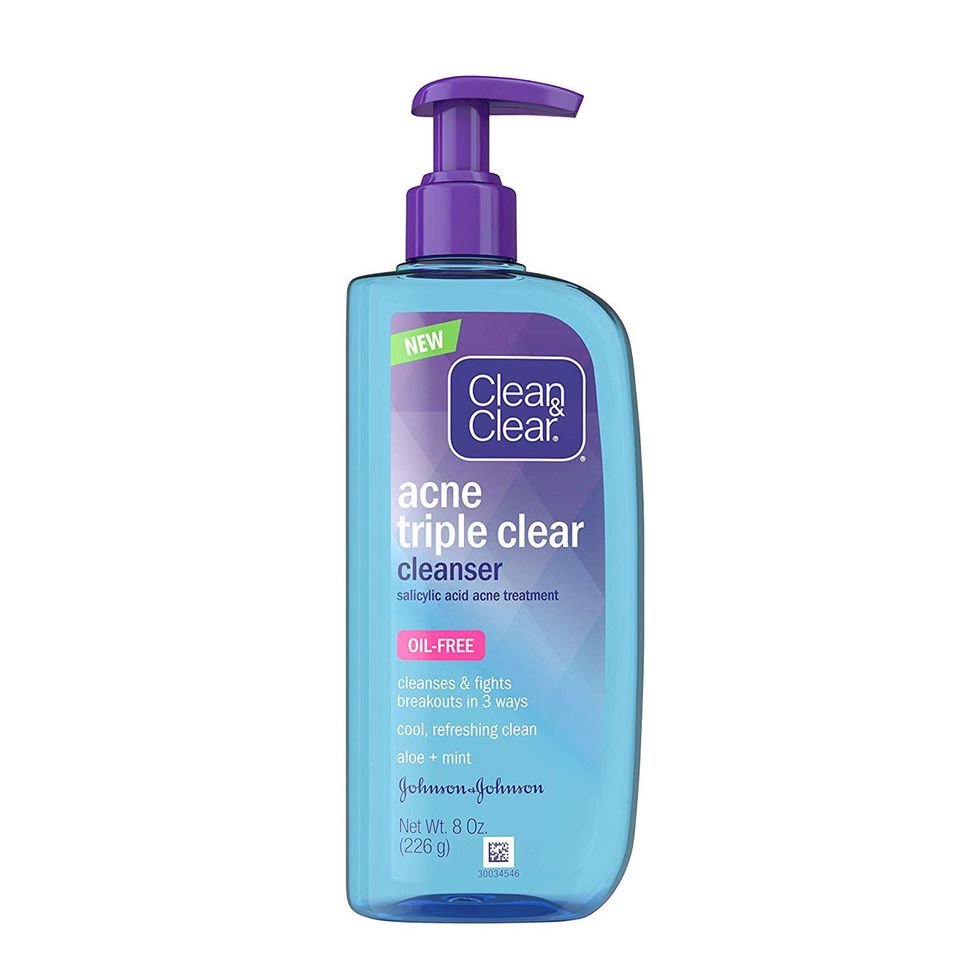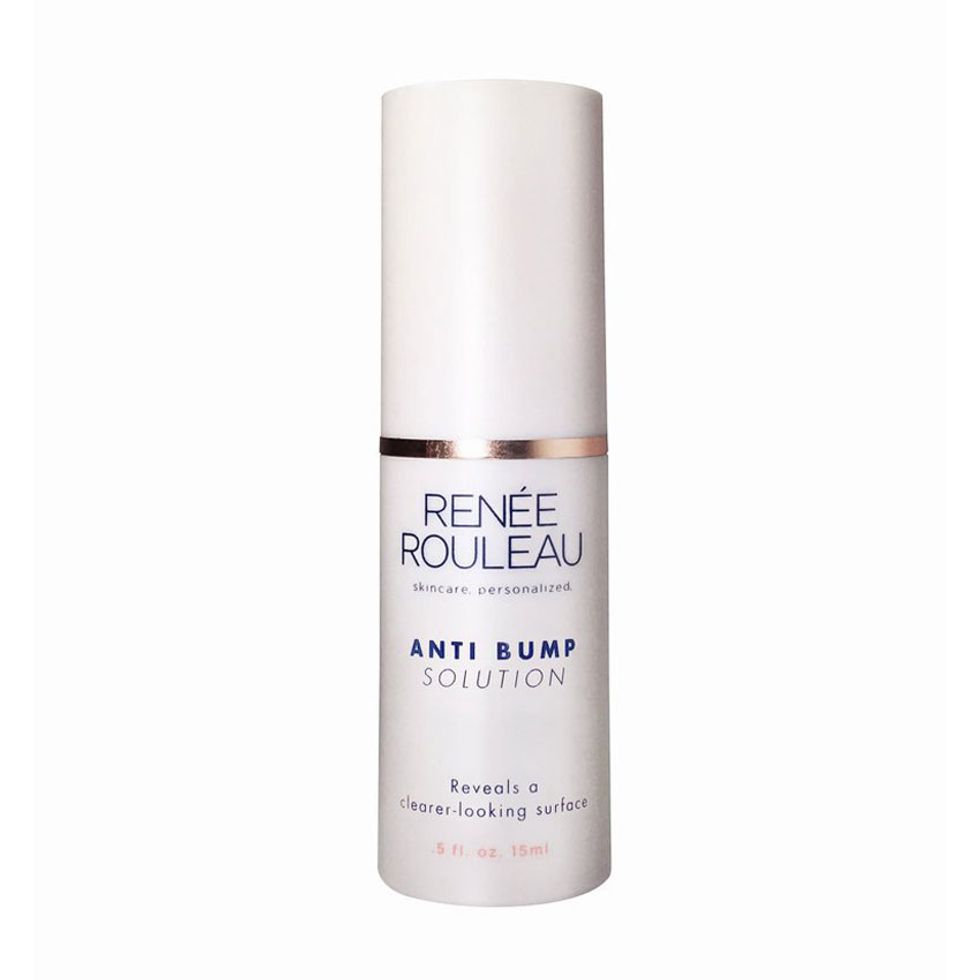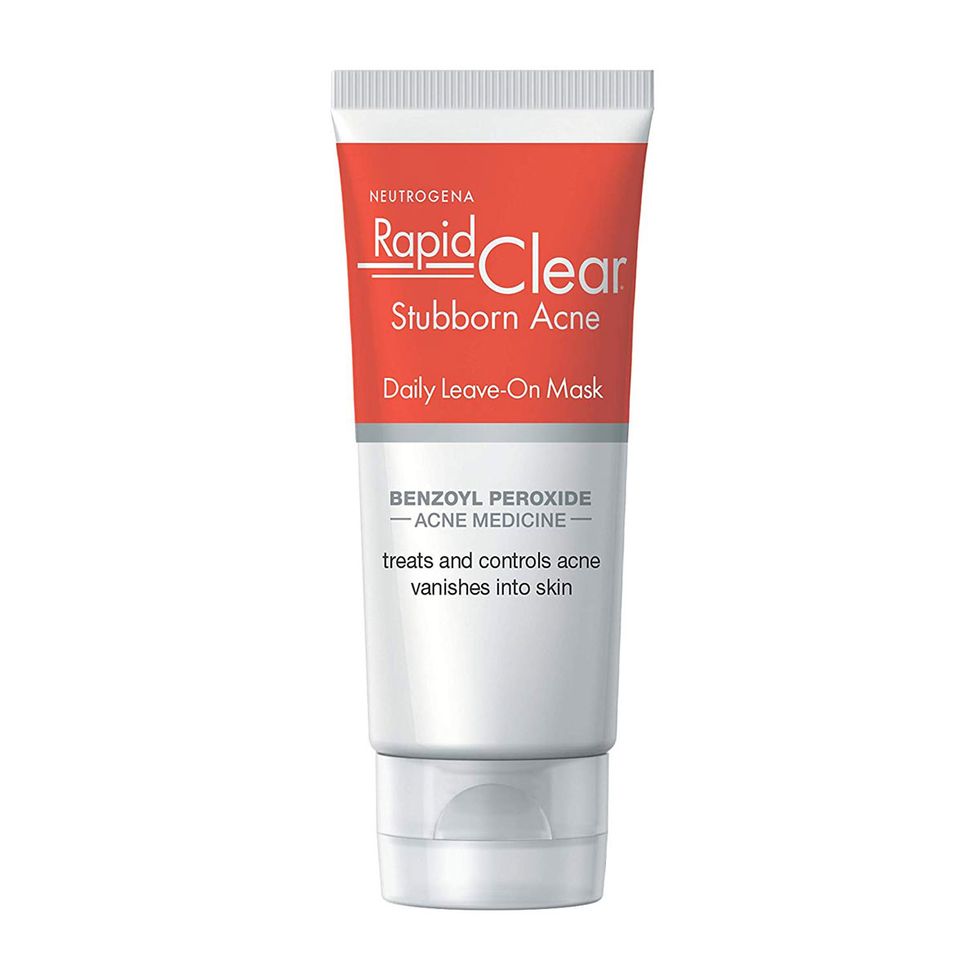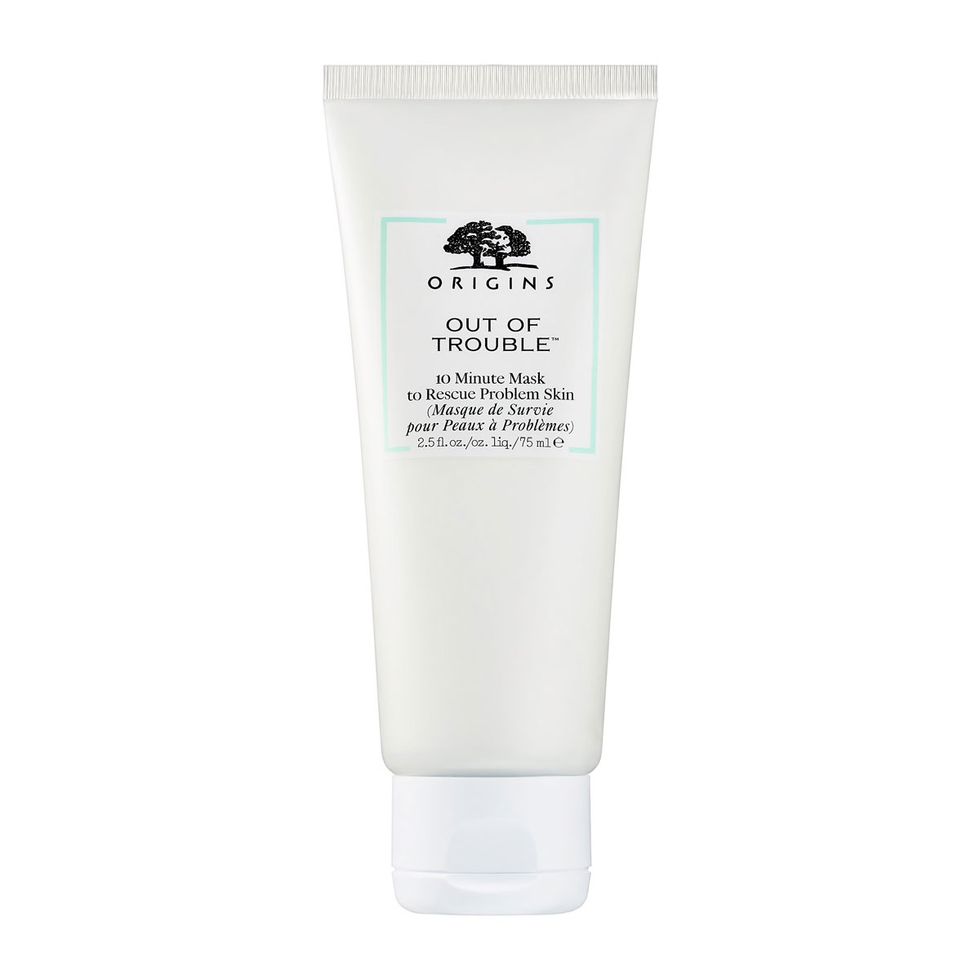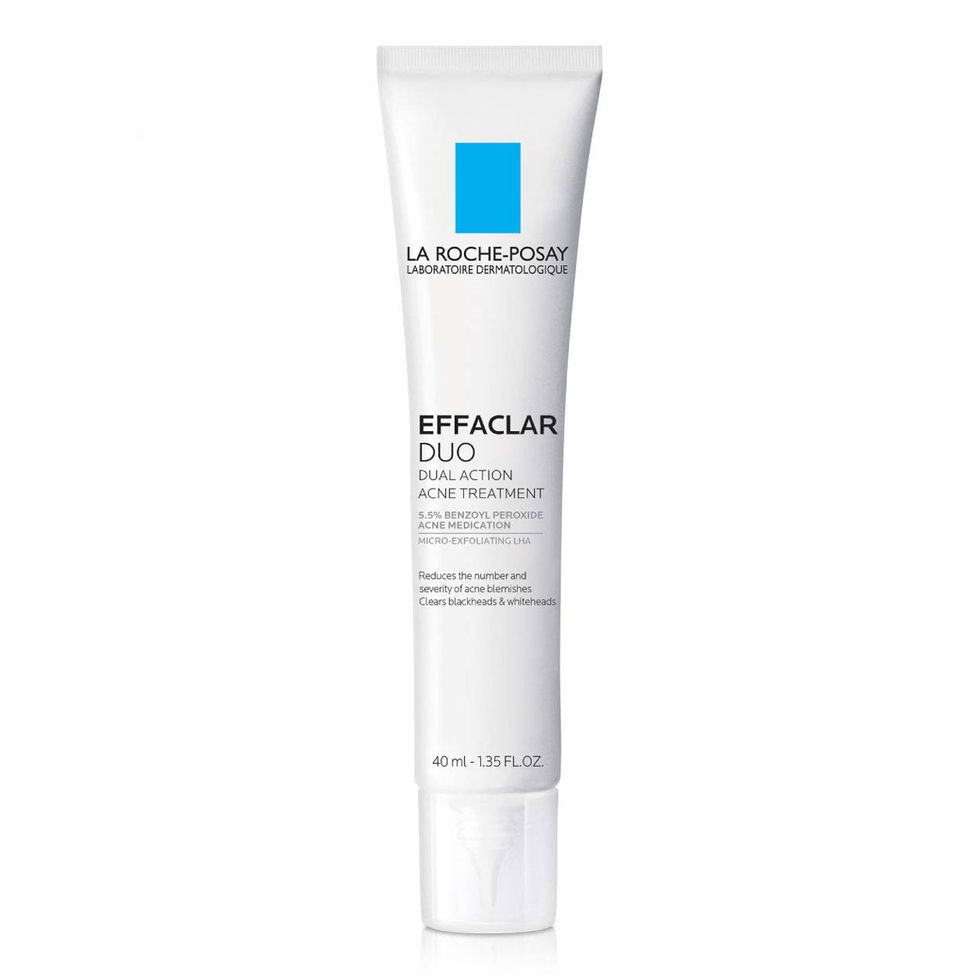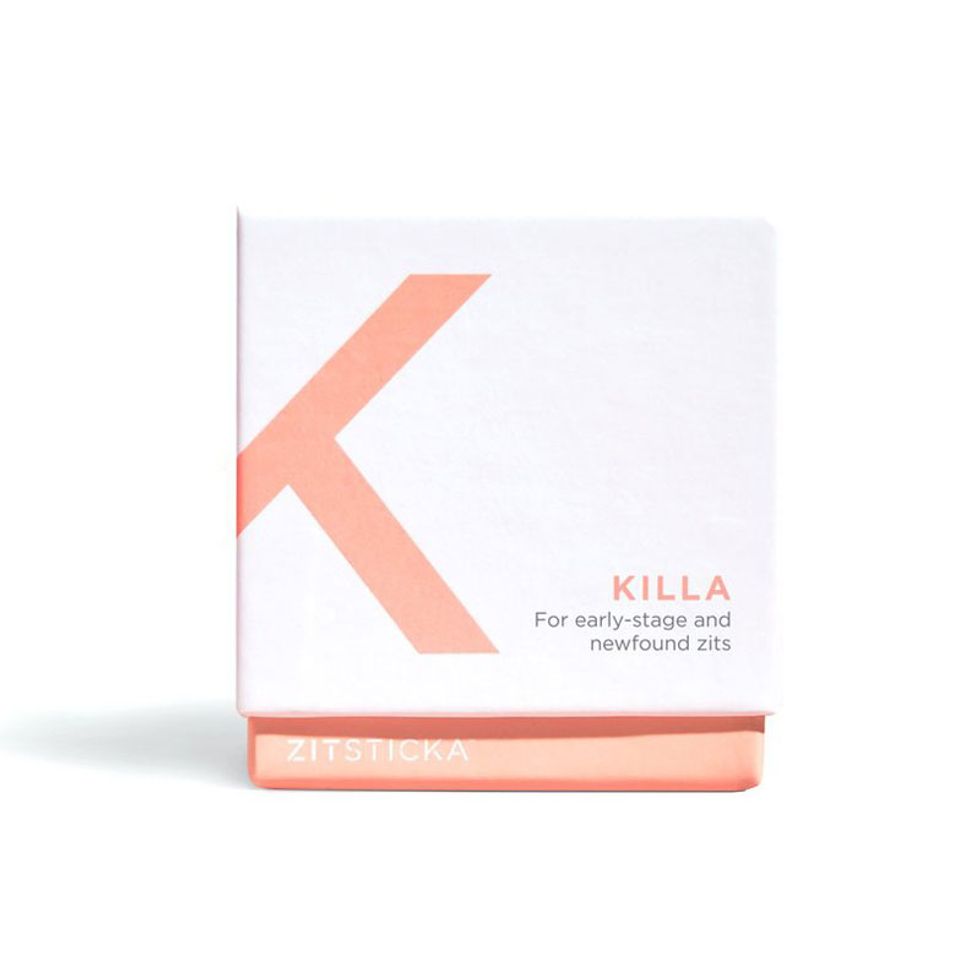Skin
Acne & Stress: How to Stop Cystic Breakouts for Good
Experts Dr. Joshua Zeichner and Dr. Whitney Bowe weigh in.
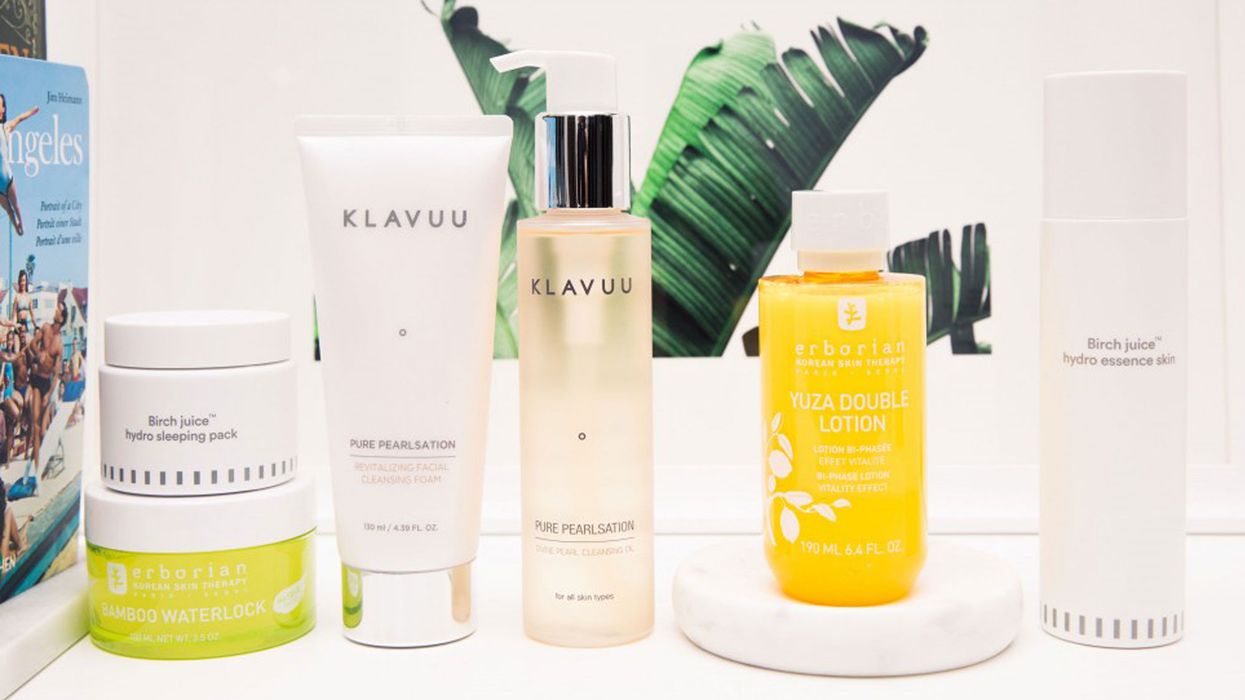
11 December, 2019
10 November, 2021
Stress is, unfortunately, simply a part of life. With work, school, kids, partners, and friendships to maintain, it often seems like there aren’t enough hours in the day to accomplish everything we wish we could. And since your skin has such a great sense of humor, consistently high levels of stress and anxiety can lead to breakouts (because that’s exactly what you want to deal with on top of everything else).
So what’s the science behind this cycle of stress and breakouts? And how do we break it so that our skin remains calm even after a long, hard day at the office? To learn more about the connection between our mental health and acne, we spoke with two leading experts in the skin-care industry: Dr. Joshua Zeichner, director of cosmetic and clinical research in dermatology at Mount Sinai Hospital in New York, and Dr. Whitney Bowe, a leading dermatologist based in New York City and the author of Dirty Looks. Here’s everything they had to say about stress and acne.
So what’s the science behind this cycle of stress and breakouts? And how do we break it so that our skin remains calm even after a long, hard day at the office? To learn more about the connection between our mental health and acne, we spoke with two leading experts in the skin-care industry: Dr. Joshua Zeichner, director of cosmetic and clinical research in dermatology at Mount Sinai Hospital in New York, and Dr. Whitney Bowe, a leading dermatologist based in New York City and the author of Dirty Looks. Here’s everything they had to say about stress and acne.
How Stress Affects Acne
If you’ve read anything about how stress affects the body, you’ve likely heard about cortisol, the primary stress hormone. Says Dr. Zeichner, “During stressful periods, our body revs up the production of cortisol. Cortisol is stimulated by a hormone in the brain known as CRH—CRH binds to oil glands in the skin, stimulating oil production, which then blocks the pores and promotes inflammation.” Think of this as one part of the alarm system going off in your body in response to stressful stimuli, like a presentation that doesn’t go well or a looming deadline. It’s part of your hereditary fight-or-flight response. Normally, your hormone levels return to normal after the perceived threat has passed, but it is possible to experience long-term activation of this response.
The Impact of Chronic Stress
While it’s normal to feel stressed out about certain aspects of your life, if you’re constantly feeling this way, it’s likely to negatively impact both your skin and overall health. Says Dr. Bowe, “Chronic stress is the type that has a substantial impact on the health of our skin. Prolonged stress of any kind impacts your endocrine system, [including] skin conditions like acne, eczema, rosacea, and psoriasis.”
She explains that your body’s counterattack to stress doesn’t just include surges in cortisol, but also involves the breakdown of tissues such as collagen (the fibrous protein that lends structure and support to your skin) and increasing inflammation, which is the body’s protective mechanism against harmful stimuli. “Over time, inflammation can cause everything from skin problems such as acne and rosacea to autoimmune disorders.” In other words, there’s a lot going on below the surface of your skin when you’re having a tough day.
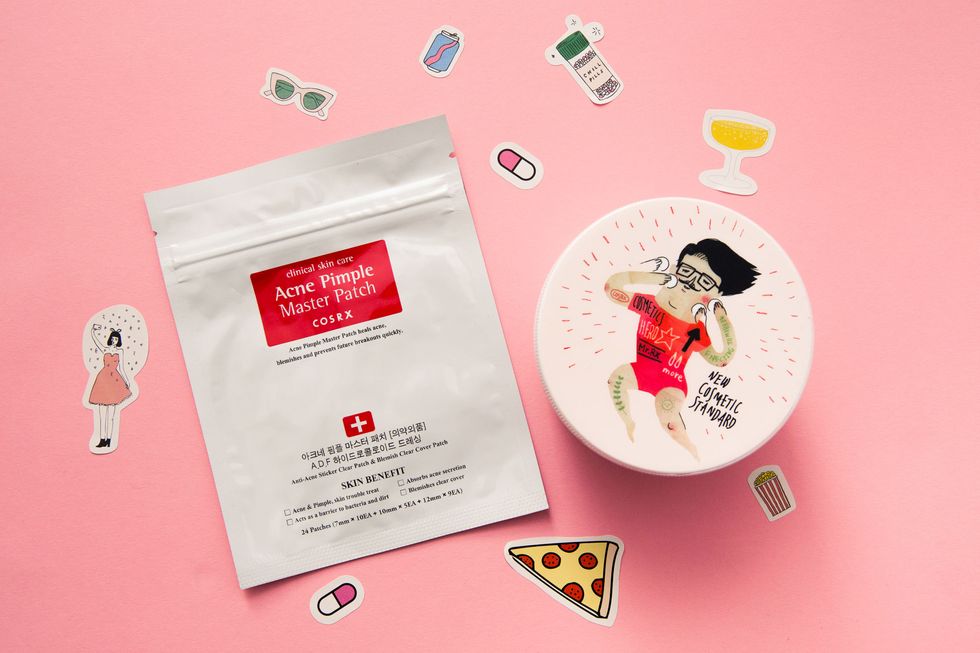
Identifying Stress Acne
As we learned with hormonal breakouts, there is a way to identify the root cause of your acne by how it presents on your skin. Says Dr. Bowe of her clinical experience, “I have noticed that stress acne is often more cystic, meaning it is beneath the skin as compared to blackheads or whiteheads. The cysts are deep and often tender or even painful, and they tend to be very persistent. When the cysts resolve, they leave marks that can sometimes last for weeks or even months.”
Dr. Bowe also explains that if she sees a new patient for acne and the legions are “picked or attacked,” that may also be an indication that the acne is due to stress. It’s understandable that you would want to try to squeeze these types of large, angry breakouts to make them disappear faster, but it will be better for you in the long run to leave them alone until you can start a course of treatment and/or see a professional.
“My patients suffering from stress-related acne often come in with post-inflammatory hyperpigmentation and are even more likely to scar because the stress can also aggravate that picking response,” Dr. Bowe says. If you feel like you can’t control this urge to pick, it’s helpful to talk with your doctor, as it might be a condition known as Excoriation Disorder.”
Treatment of Acne Caused by Stress
There are numerous treatment methods for keeping stress-related breakouts at bay and getting rid of them once they decide to rear their ugly heads. If you’re currently experiencing a breakout, Dr. Zeichner recommends using topical medications that contain ingredients like salicylic acid to keep your pores clear. “Salicylic-acid-based cleansers are useful especially during stressful periods because they can more effectively remove oil from the skin as compared to traditional cleansers. Clean & Clear’s Acne Triple Clear Facial Cleanser contains 2 percent salicylic acid to help remove excess oil and added cells from the surface of the skin.”
If you’re experiencing large, red, angry pimples (or “bombs,” as Dr. Zeichner calls them), he recommends using a product that contains benzoyl peroxide. “Benzoyl peroxide helps lower the levels of acne-causing bacteria on the skin and reduces inflammation to clear pimples. [Try] Neutrogena’s Rapid Clear Stubborn Acne Daily Leave-On Mask, which contains 2.5 percent benzoyl peroxide. It is important to treat the whole face because you want to clear your [visible and underlying] pimples, and you cannot predict where the next one will come in.”
For cystic breakouts, which are some of the long-lasting and toughest to treat, Dr. Bowe recommends a multimodal approach. “I like to tackle cystic acne using minimally invasive procedures in my office, like cortisone injections, chemical peels, and light-based therapies. Additionally, some of my patients have found that the new influx of CBD products are helping to dial down some of the internal stress that is contributing to stress acne.”
Similar to hormonal acne, stress-related breakouts can be addressed by taking certain forms of birth control, but Dr. Bowe explains that daily pills should contain both estrogen and progesterone. “Progesterone-only forms of contraception, such as the ‘mini pill,’ implantable devices, and even some IUDs can make cystic acne much worse.” Be sure to talk with your dermatologist and OB/GYN to determine which form of birth control is right for you.
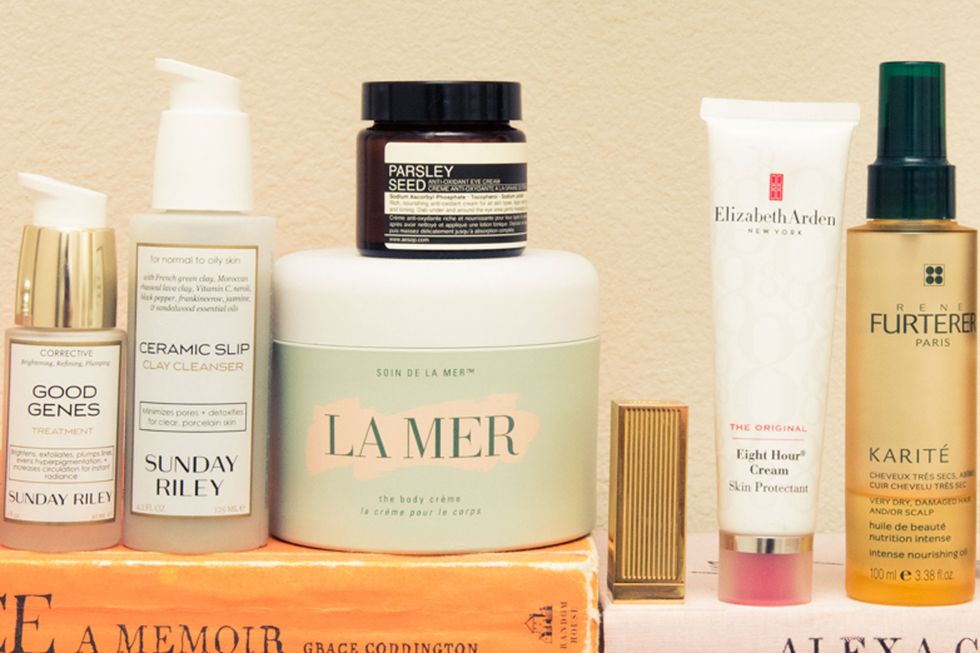
Meditation & Skin Health
Obviously one of the most important ways to control your stress acne is to identify and treat whatever is causing you to feel stressed in the first place. Dr. Bowe has identified the “gut-brain-skin axis,” which essentially is the corollary relationship between these three systems and how they impact one another. The second prong of the axis focuses on mindfulness. “Meditation is a very powerful tool in this context. It has the goal of triggering what’s called the relaxation response, a term popularized by Dr. Herbert Benson at Harvard Medical School. During the relaxation response, the body releases chemicals and brain signals that relieve tension in your muscles, slow down your organs, and increase blood flow to your brain.”
She explains that this response can reduce the pain, discomfort, and anxiety that often manifest themselves in skin conditions like acne, and that scientists now theorize that the biological events taking place during the relaxation response essentially prevent the body from translating psychological worry into physical inflammation. “The experience of the relaxation response appears to change cellular connections in areas of the brain associated with reactions to stress. And the good news is that nurturing a daily practice that turns on your relaxation response can help you more easily cope with stressors in your life that persist or even worsen.”
So not only will incorporating a meditation practice into your daily routine help calm your mind, but you’ll also be able to see tangible results within the body that help prevent and reduce stress-related breakouts. It may help you and your skin feel healthier than ever before.
Shop the story
Want more stories like this?
A Meditation Guide That Will Make You Actually Want to Try It
An Expert Guide to Treating Every Type of Acne Scar
An Expert Guide to Traditional and Natural Retinol
A Meditation Guide That Will Make You Actually Want to Try It
An Expert Guide to Treating Every Type of Acne Scar
An Expert Guide to Traditional and Natural Retinol

